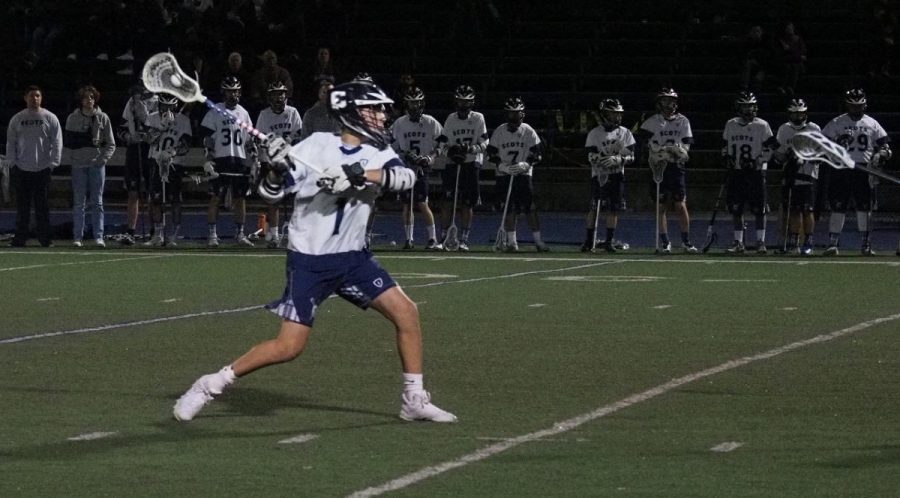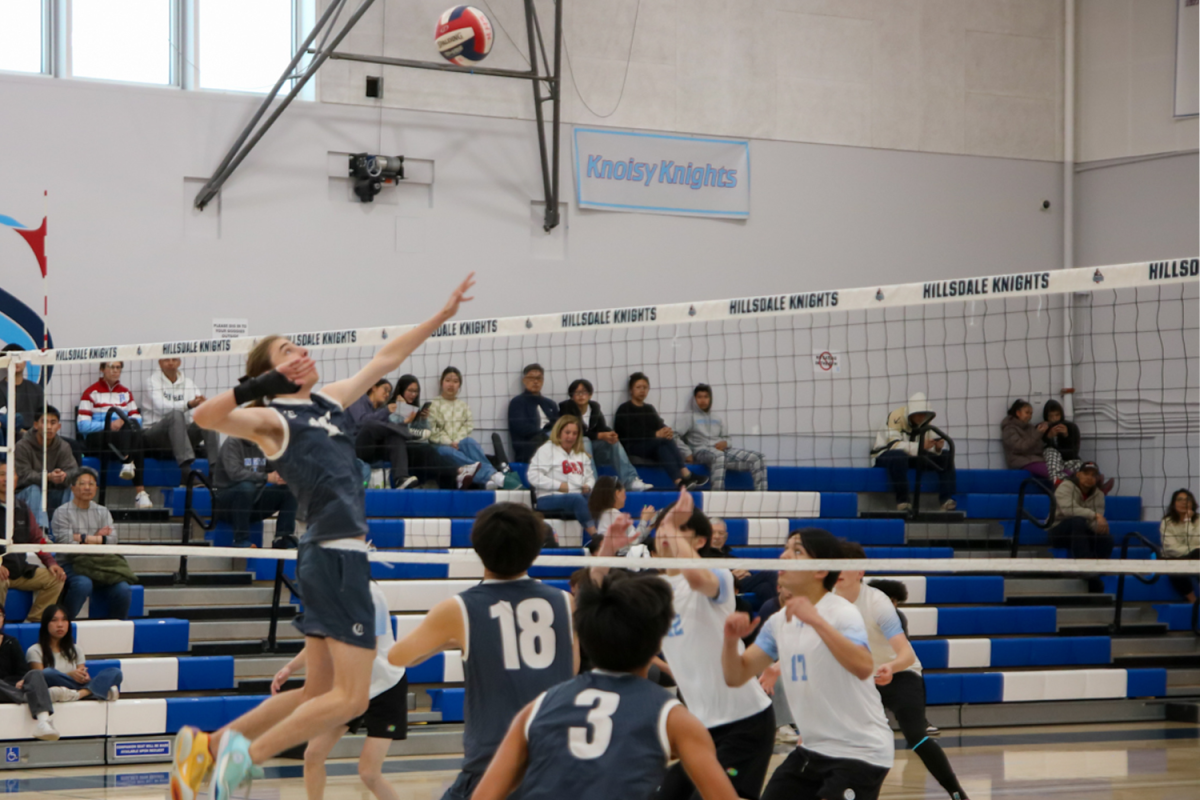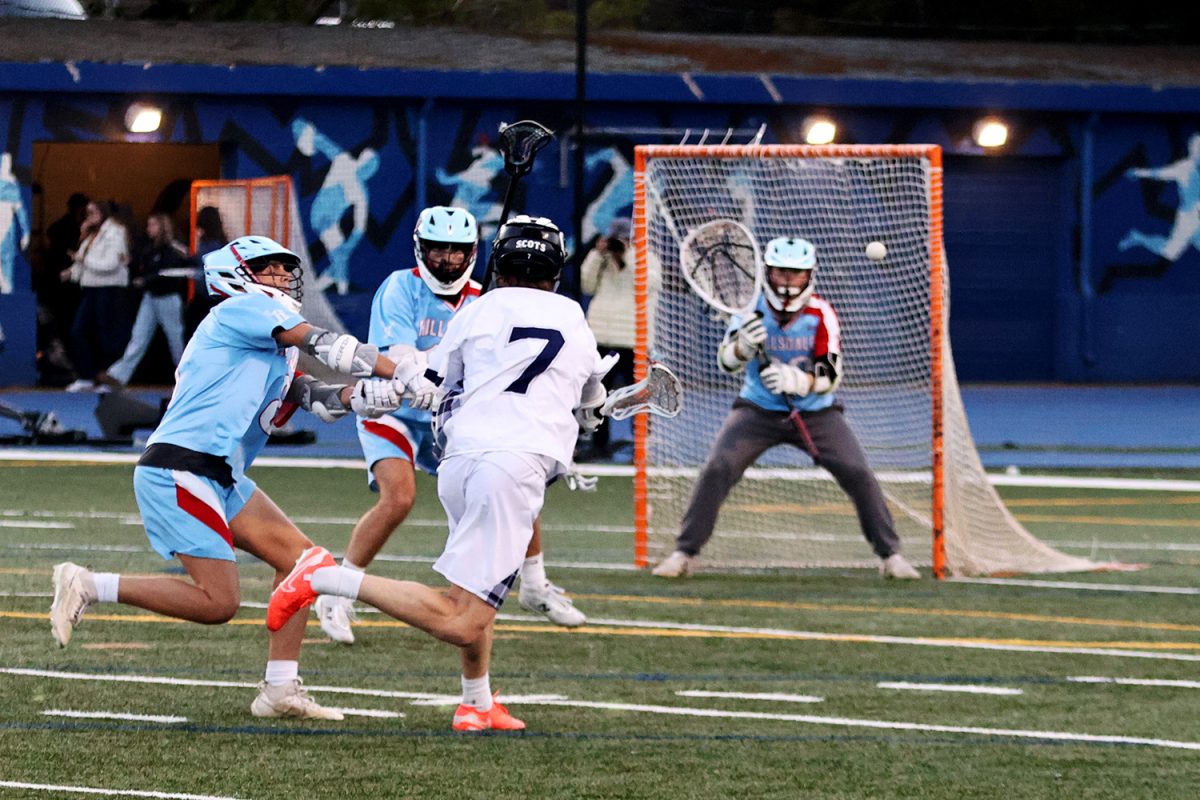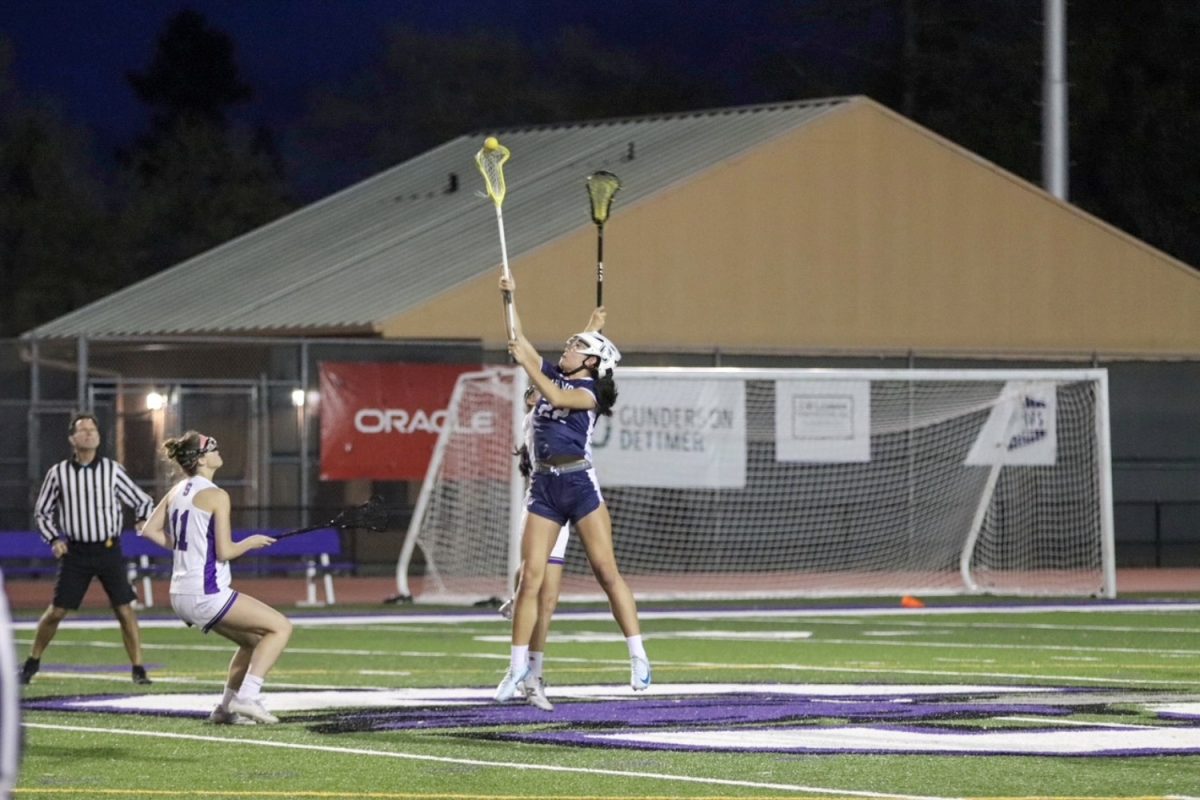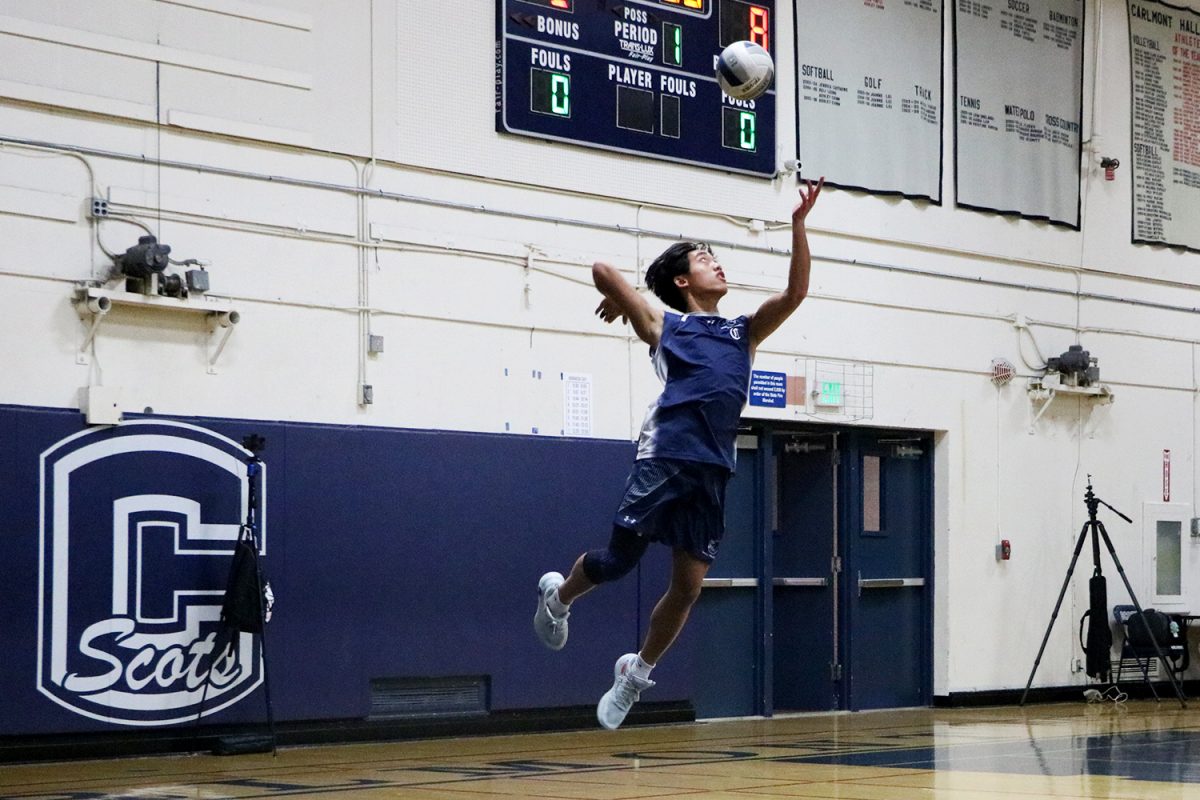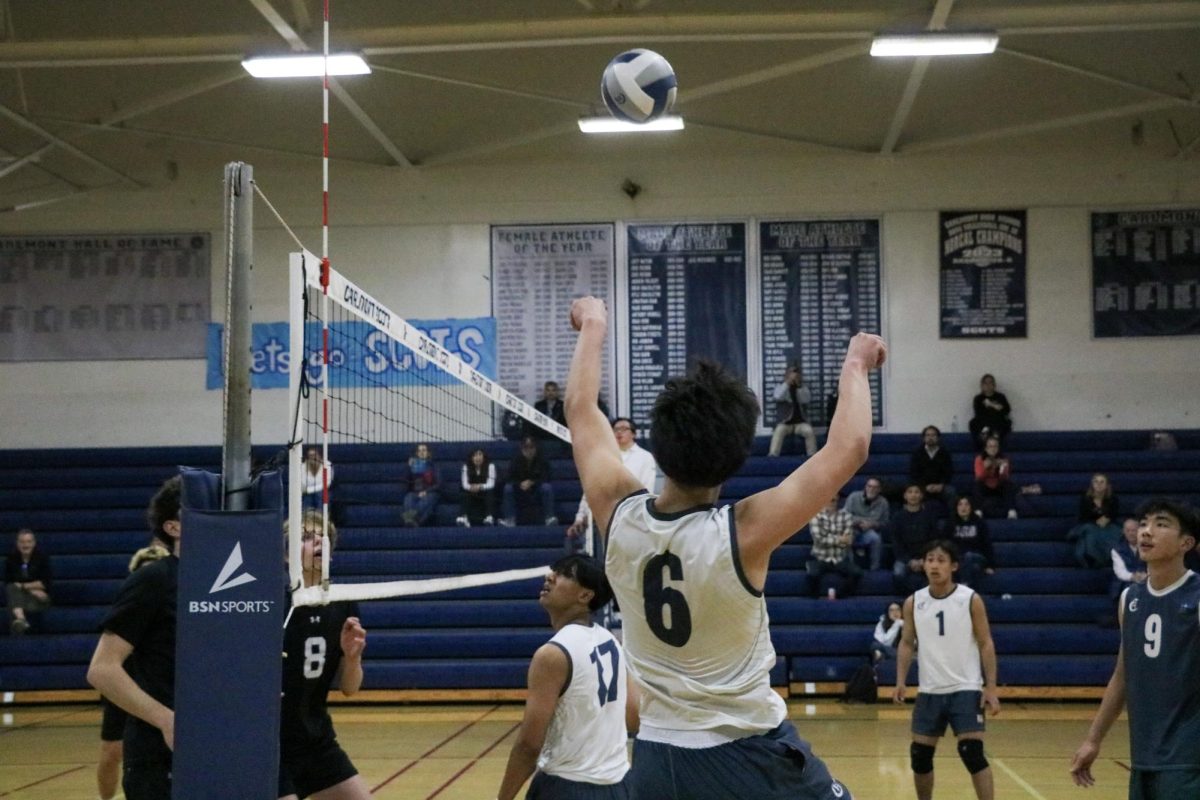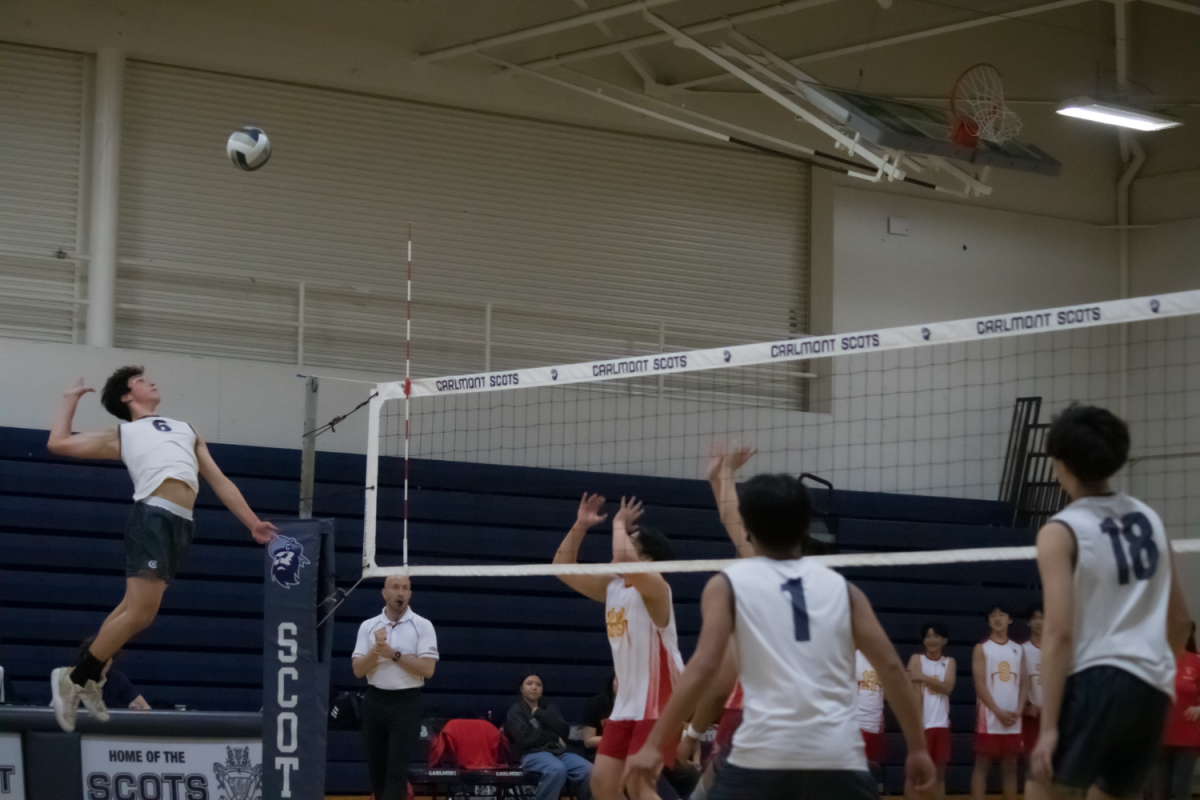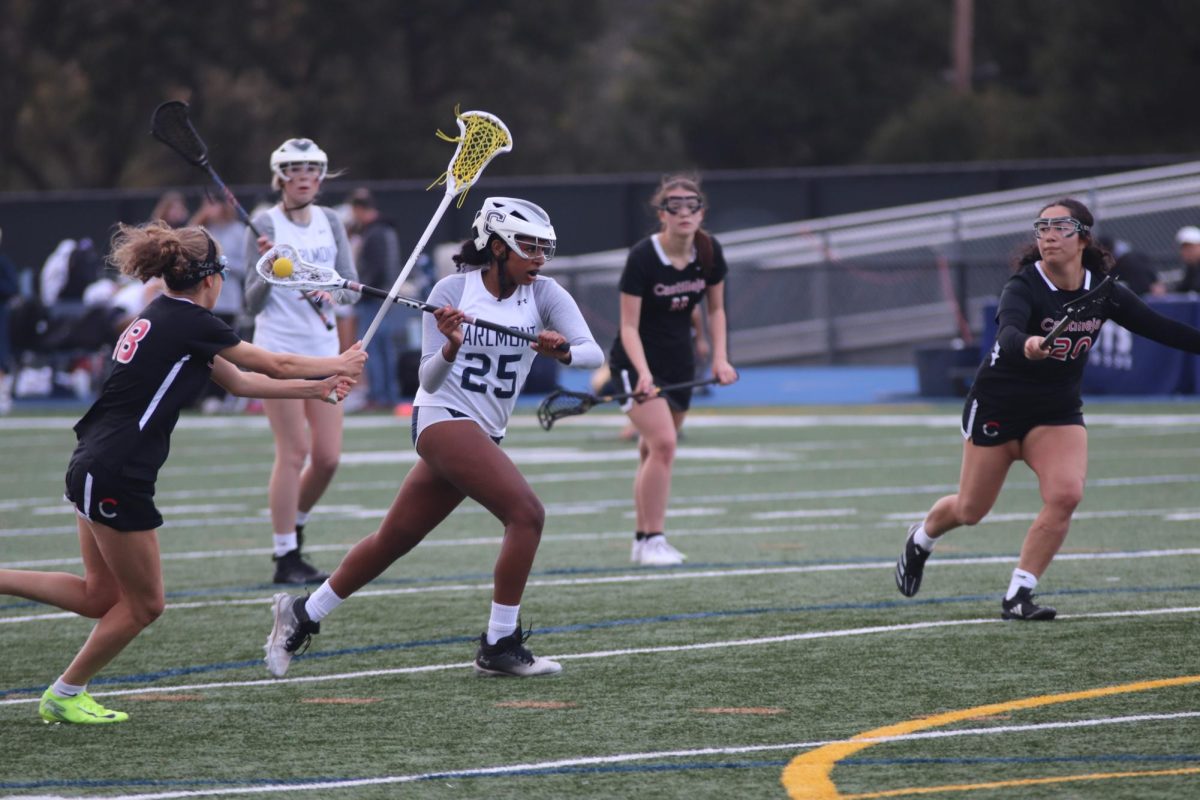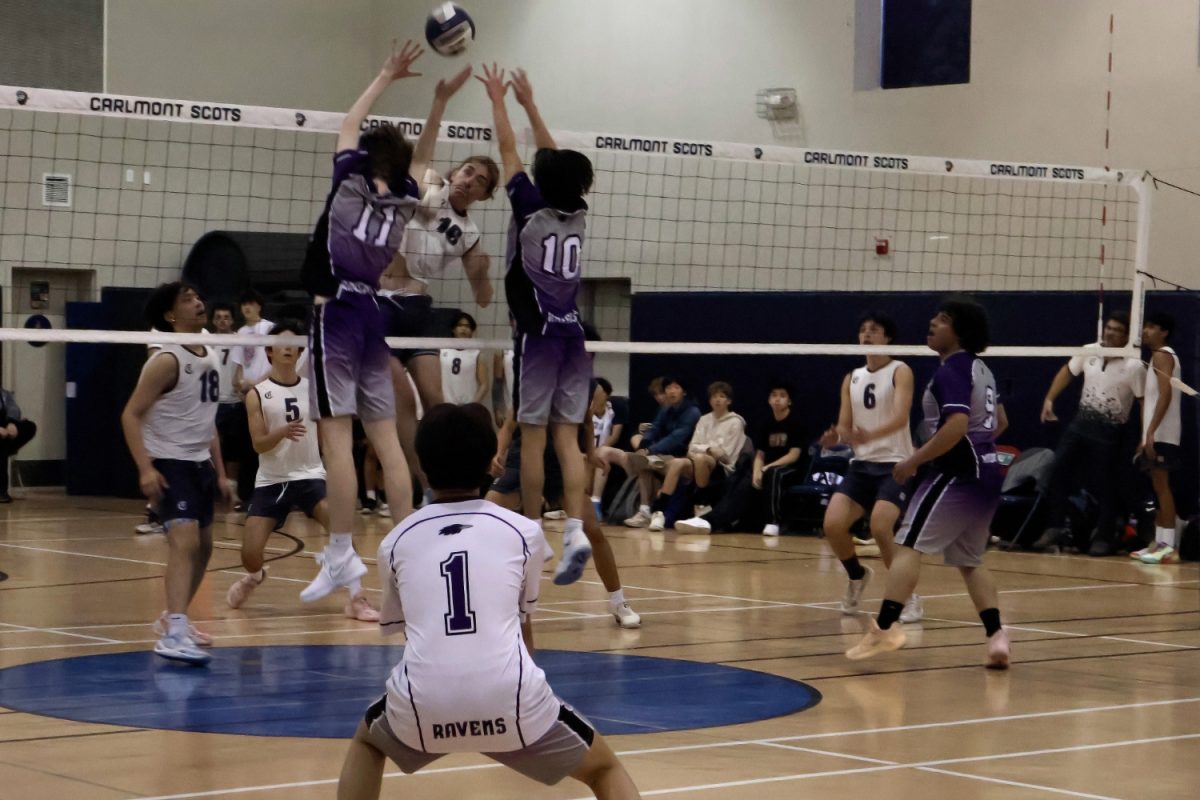The ultimate dream for most student-athletes is playing at the collegiate level. However, the college recruiting process is extensive and often difficult. As a result, many athletes get recruiting help to ease the difficulty.
“I’d say the process is pretty hard because there is no one set way to get recruited,” said Andrei Tomutiu, a sophomore soccer player who aspires to play in college.
Receiving a Division 1 scholarship or even a spot on the team is the goal for most players, but it is also the hardest to achieve. Since almost all professional athletes in the U.S. come from Division 1 schools, such teams are highly competitive. However, there are still Division 2, Division 3, and National Association of Intercollegiate Athletics (NAIA) schools that provide a collegiate experience at a lower level.
Going through the recruiting process is exhausting for every athlete, regardless of their talent level and where they want to play. It could consist of creating a highlight reel, playing for a club, attending college camps, and more.
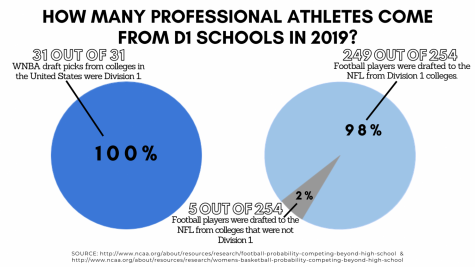
“Playing club has helped me [a lot], our team has committed about 13 out of 18 kids to Division 1 schools, and we play on a very high stage with lots of recognition,” said Trevor Douglis, a senior who plans to pursue lacrosse in college.
Websites and camps have been created to display a player’s talent. Club leagues host camps for collegiate coaches to look at the high school talent. The more serious student-athletes also use social media to promote their image. Other online tools are also available for coaches to look at aspiring players.
“I’ve attended college camps and showcases, made an account with NCSA, and made a soccer Instagram to post my highlights,” Tomutiu said.
Still, the real madness begins once practice and games with the college team actually start. Collegiate student-athletes need to be responsible and have good time management skills to succeed.
“Student-athletes who manage their academic and athletic schedules will tend to succeed in their college experience,” said Guy Shinsato, a former collegiate softball coach.
Balancing school and playing on a team is hard for most athletes. Life as a collegiate student-athlete taught many how to be more disciplined and use their time wisely.
“College volleyball gave me that structure, waking up early in the morning for weights, then going straight to class for the rest of the day, going to practice in the afternoon, and having night class after that,” said Emily Sunada, a Menlo College volleyball alumna. “I would end my entire day around 9 o’clock.”
Many unknowns come with playing a sport in college. Sunada explained what she wished she knew before starting her freshman year as a collegiate volleyball player.
“It’s a lot of work to get to where you are, but I wish I knew actually playing in college is ten times harder because you have to put in that effort to earn a starting spot,” Sunada said.
Despite the difficulties, students learn many skills playing collegiate sports that prepare them for life following school.
“College student-athletes who are good about time management are usually prepared to face challenges after they graduate,” Shinsato said.

